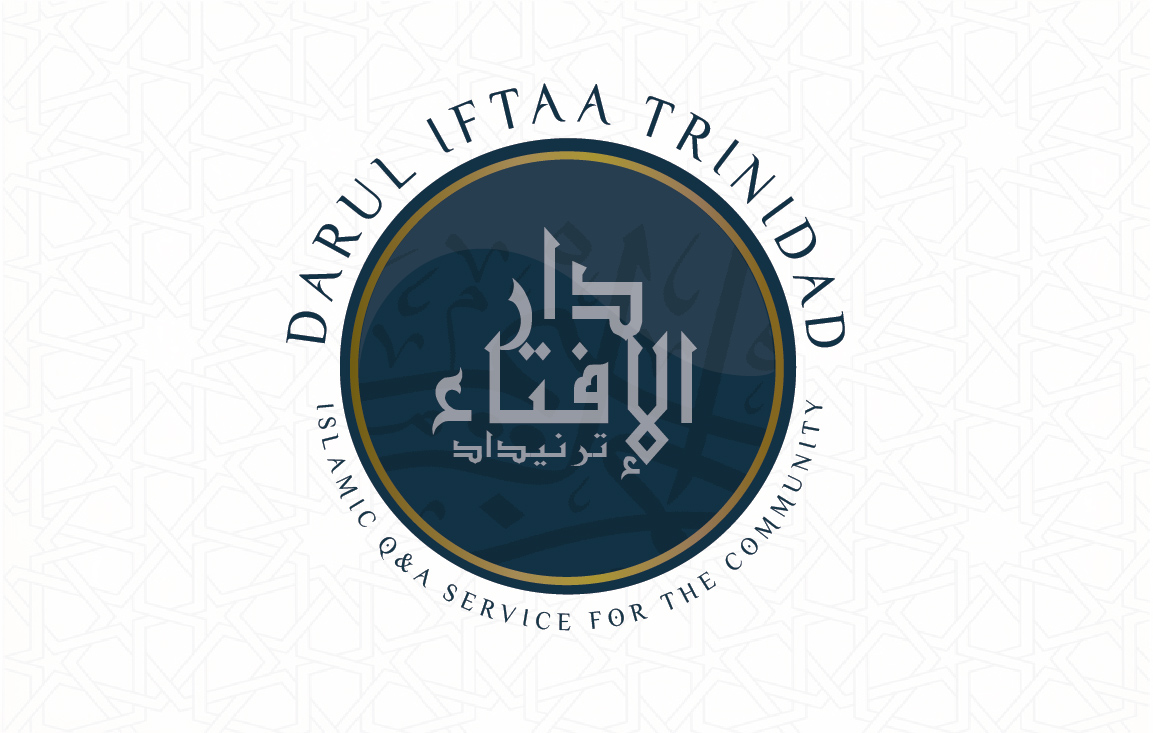
Question:
Does acts of Isaal-e-Thawaab benefit only the deceased or does the one who recites the Qur’aan or gives charity etc. for the reward to reach the deceased also benefit? For example, I recite one Juz of the Qur’aan with the intention of the reward to be for the deceased person, do I also share in the reward?
Answer:
In the Name of Allah, the Most Gracious, the Most Merciful.
As-salāmu ‘alaykum wa-rahmatullāhi wa-barakātuh.
Isaal-e-Thawaab (to perform a virtuous act and grant the reward to any person, alive or deceased) is permissible. On numerous occasions, Nabi, Sall-Allahu alayhi wa sallam, advised the Sahabah, Radi-Allahu anhum, to give charity on behalf of the deceased.
The reciter himself also will receive the full reward of The Qur’an which was recited, and the deceased too will receive the full reward. The same applies to the reward of charity or of any other good deed rendered with the intention of Isaal-e-Thawaab.
While we do believe in Isaal-e-Thawaab, it is essential that concerned ones and family members etc. recite The Qur’an with sincerity, while observing the laws of Shari’ah (no intermingling of genders etc.) and gift it to the deceased. Nowadays, inviting people for Qur’an Khatam and Dhikr, etc. for the deceased has taken much prominence and people wrongly regard it as compulsory, or must be done on a certain day, at the house of the deceased etc. Such misconceptions and innovations will be of no benefit to the deceased must be shunned.
And Allah Ta’āla Knows Best
Mufti Arshad Ali
Darul Iftaa, Jaamia Madinatul Uloom (Trinidad)
www.fatwa-tt.com /www.jaamia.net
